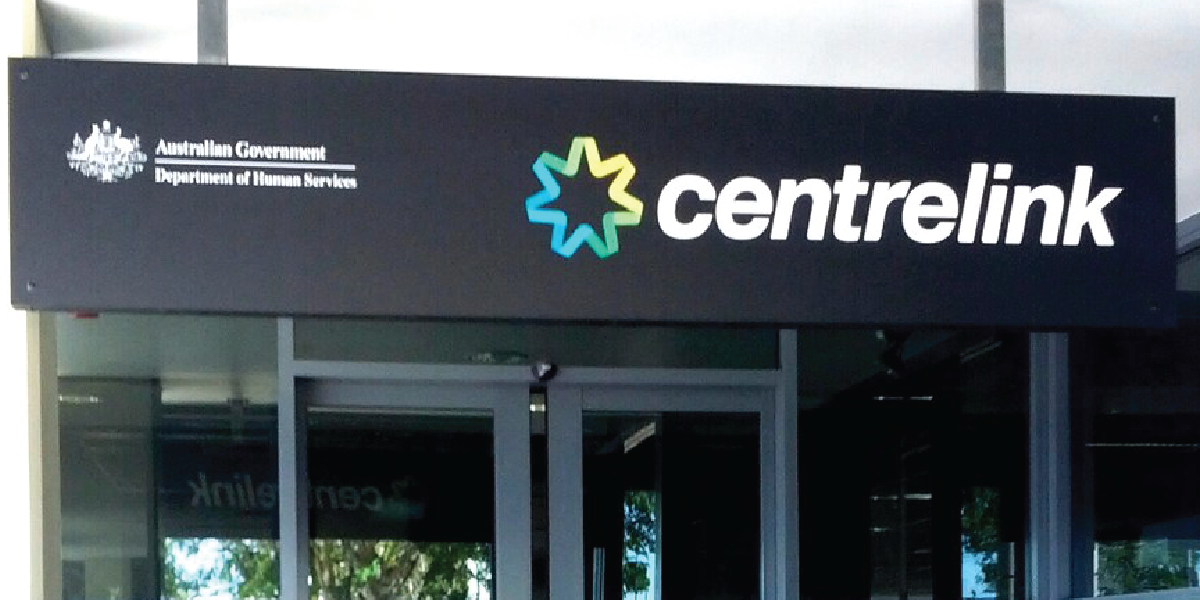[First published in The King’s Tribune, 2013]
By ignoring the community sector before and after the budget, and hurting the people they care about, this government may have woken a sleeping giant.
The new Government has a clear idea what it wants the community welfare sector to look like. Minister Andrews has long telegraphed his desire to return to a charity or philanthropic sector, where communities are more self-reliant and volunteers provide most of the labour.
After the Budget, the Treasurer, Joe Hockey, told a group of senior members of the community sector that they were ‘unsung heroes for good.’ This was to people who have worked for decades to build a strong, evidence based, rigorous body of work that aims to make sure those most vulnerable do not fall through the cracks and who were trying to explain how bad the budget was for the people they work with.
Minister Andrews is expected to release the long-awaited welfare review this week from Patrick McClure, the former head of Mission Australia. Many in the community sector have expressed concern, alarm and a degree of exasperation that this review has not been done in a way that is transparent or consultative. There have been none of the usual policy development processes, such as terms of reference or public submissions.
The Government has also committed to abolishing the new Australian Charities and Not for Profits Commission (ACNC), again, despite strenuous lobbying from the community sector, who want the ACNC to continue.
So what does all this say about the way this Government thinks about the value of the community sector, let alone the people they work with? And how should the sector respond?
The community sector employs over 220,000 people, a quarter of the total not-for-profit sector, and relies on government funding for three-quarters of their income. Groups in the sector range from youth refuges, to emergency relief providers, to legal centres, to community transport. But more than that, they are experts in what they do and in the overlapping and complex implications of any policy changes. The decision to exclude them from the welfare review, and the very people who will be impacted by changes, seems certain to guarantee an outcome that will do harm.
Most community sector organisations don’t have the capacity to engage lobbyists or run expensive advertising campaigns. They rely on their peak bodies, who, if they are lucky, will have one communications staff member, probably working part-time. They have volunteer boards and often depend on local good will for their office spaces. This should not matter.
The best of the sector have deep links within their local communities and know instantly where to go to find help for someone in trouble. They know the motel that will put up the homeless family and the place that will give them dinner. They know which nurse at the local hospital to bring the young mum to and who can manage visits to Mr S, who can get a bit sweary.
The community sector has engaged with governments in good faith in the past. They have provided detailed, well-researched submissions in the pre-Budget process, taken time to brief Ministers and been publicly conciliatory to which ever party is in power. Even at the recent ACOSS budget session, after a budget that ignored all of their submissions, the community sector was still imploring the Treasurer to reconsider decisions that will hit the poorest the hardest.
They do this because they do the Government’s dirty work. It’s no longer the responsibility of those we elect to look after those that have missed out on Australia’s prosperity. That’s something for a competitive tender process, and perhaps a social bond to be traded in the marketplace.
But, and it is a big but, none of what the sector has done so far is working to stop changes that will hit poor people the hardest. The Government is not listening. For example, despite ample evidence and clever networking with business and unions, there was no movement on increasing Newstart in this Budget or any of the previous ones. This Government, and the last, have instead made higher pension payments even harder to get and condemned those at the bottom to hardship and poverty.
The sector has mustered economic arguments a plenty, with ACOSS detailing billions of dollars that could be found to pay for affordable housing and making sure people can eat. But these arguments are not working to change policy – instead the Government is ignoring the sector, perhaps at its own peril. The good-will of the sector is vital if they are going to continue to provide the services that government wants them to.
The sector has far more power than it thinks it does. Every community has a core group of community organisations that visit older people’s homes, puts on hot meals, navigates through Centrelink, pays for electricity bills, lends money for broken washing machines, minds kids after school, makes homes more accessible and takes people shopping. Everyone of the people that the sector helps is an ally. Everyone of the small businesses that support these organisations is an ally. Imagine how much support could be mobilised through those networks, so that any politician who dared to ignore the sector would be in no doubt of the electoral consequences of their decisions.
The community sector is not charity, but believers in the idea that everyone deserves a fair go. The sector is full of dedicated, hard working people who believe that their work matters for the welfare of everyone. The care work they do is the glue that binds a community together and it is powerful. Harnessing this power could do more to change government policy than a million submissions ever will.




